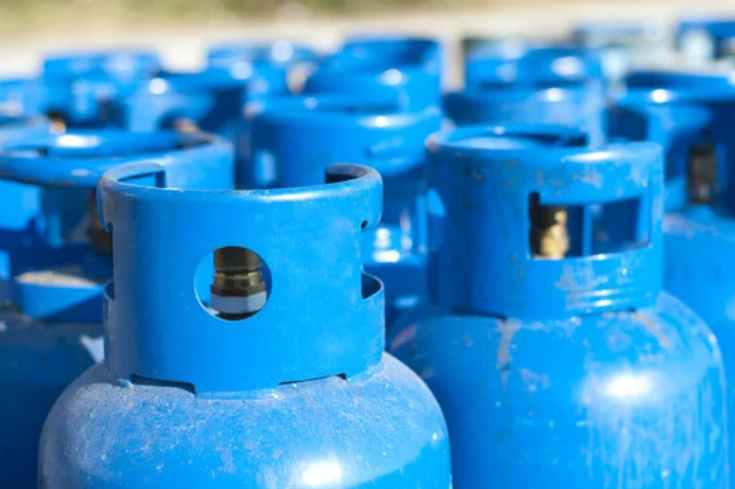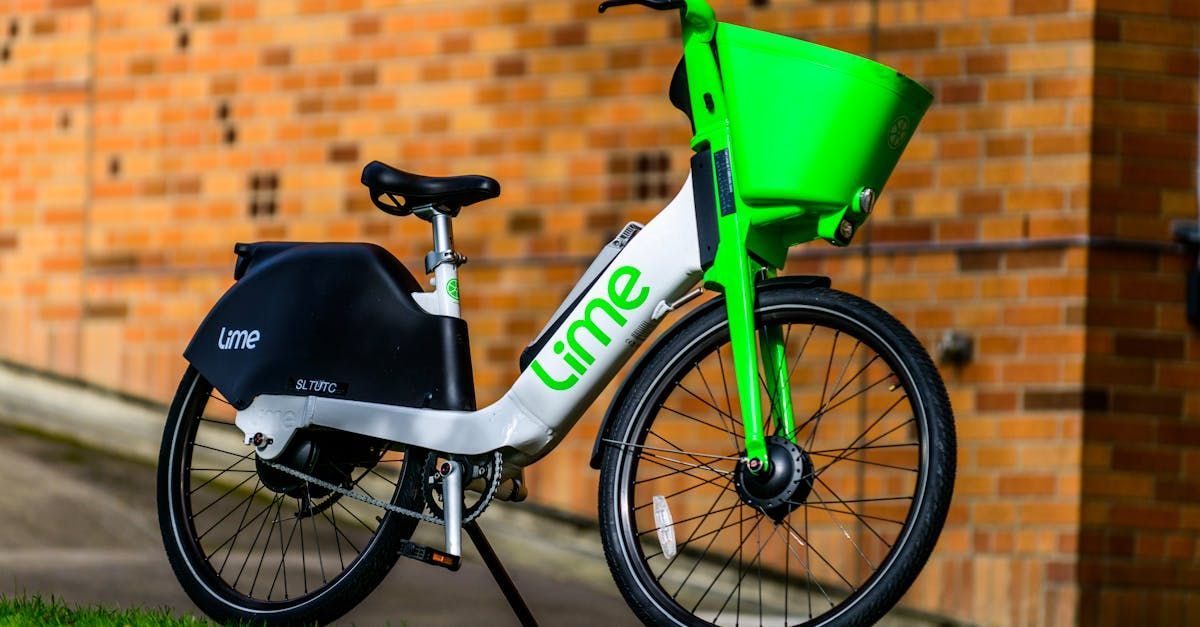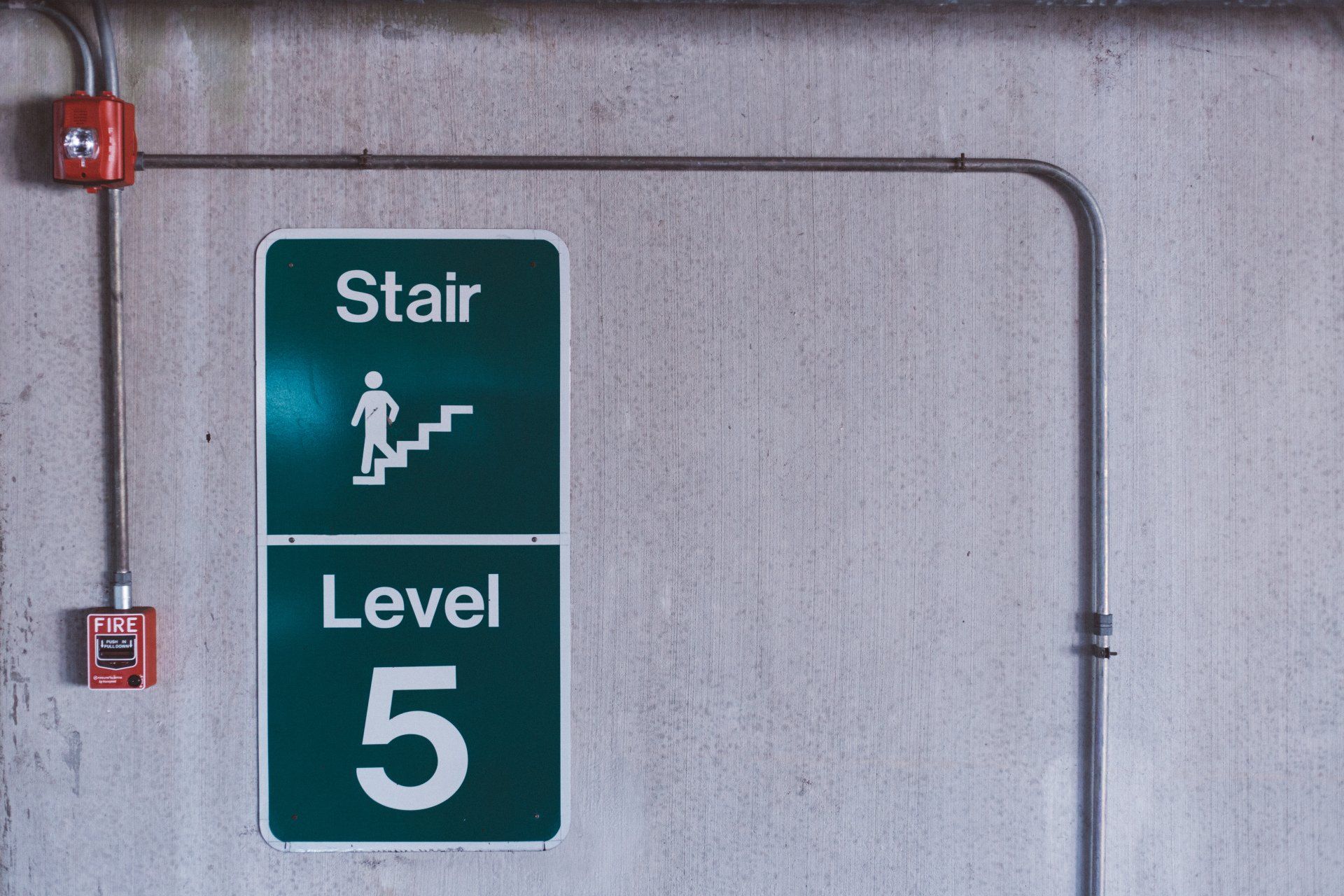New Regulations for Towing. What’s Changed for You?
New Regulations for Towing.
What’s Changed for You?
- What are the new regulations surrounding towing trailers?
- How may these new regulations affect your business?
What were the previous rules for towing?
Previously, anyone who had passed their driving test between January 1, 1997, and January 18, 2013, was able to tow using the following equipment:
- A car or van up to 3500kg MAM (Maximum Authorised Mass) towing a trailer of up to 750kg MAM, totalling up to 4250kg, or,
- A trailer over 750kg MAM, as long as it does not weigh more than the unladen weight (the weight of the vehicle not including any passengers, goods, or other items), totalling up to 3500kg.
Additionally, anyone who had passed their driving test from January 19, 2013, was permitted to tow using the following equipment:
- A car or van up to 3500kg MAM (Maximum Authorised Mass) towing a trailer of up to 750kg MAM, totalling up to 4250kg, or,
- A trailer over 750kg MAM, as long as the combined weight of the trailer and the towing vehicle is less than 3500kg.
In both circumstances, additional car and trailer driving qualifications would be required to tow anything heavier.
What are the new rules for towing?
As of December 16, 2021, everyone who passed their driving test from January 1, 1997, is able to tow trailers up to 3500kg MAM with no additional qualifications.
What does this mean for your business?
This relaxation of the rules surrounding towing licencing simply means that more people can tow more! Having more members of staff legally entitled to tow heavier loads opens up new organisational and logistical options for how you are able to manage towing operations.
So, all good news then?
Sadly, the UK has about 11 trailer or caravan towing related accidents every day, totalling around 4000 every year, with a lack of experience, speeding, and weight miscalculations being among the main causes of accidents.
The complexity of manoeuvring a trailer, calculating weight limits, braking distances, and turning circles are not covered in a conventional driving test, but are main contributors to potentially serious accidents.
So, while it may now be legal for many more members of staff to tow as part of their work, competence should remain a very high priority when considering anyone for this kind of duty.
What do we need to do?
Aside from ensuring the competence of drivers involved in towing operations, consider whether your business is prepared to enable ongoing assessment of the competence of drivers. It may also be necessary to update and revise your policies and procedures, as well as record the arrangements for ensuring competence is maintained.
Need some additional advice? Click here to contact us and we'd be happy to help.













